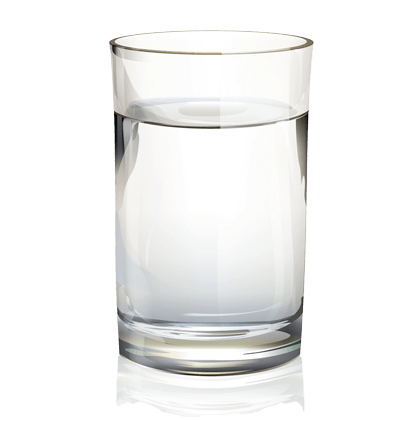Hydrate for Vitality
Unlock the Power of Optimal Hydration
Water is the most important need of the body next to air. If you don’t drink enough water, your organs cannot do their jobs properly.
Kidneys: The function of the kidneys is to remove all waste products and extra fluid from the body.
Without enough water, they must store the little bit they get so that the body will have enough water to live. Therefore, they can’t get rid of all the waste products and must send the extra waste to the liver.
Liver: The function of the liver is to break up carbohydrates (sugars) and fats for use as energy.
Without enough water, it must aid the kidneys in removing waste products. Then, it is unable to produce energy by burning the fats and carbohydrates and must store them.
Drinking at least ten (8 oz) glasses of water daily will:
- Reduce swelling and water retention
- Helps in burning up fats and carbohydrates
- Help provide more energy
- Help with the removal of waste products Help avoid constipation
- Help avoid hunger
Transformation Spotlight
Fluid Retention (Water)
Reasons For Fluid Retention Are:
1. Excessive sodium intake: diet sodas, celery, cucumber, salty fish, preparations such as soy sauce, canned foods, deli prepared foods, salt.
2. Inadequate fluid consumption: with the burning of 100 grams of fat, 120 grams of water will be produced. If the cells do not release this water immediately, the scale will remain the same or may even go up! In the process of reestablishing water balance, this metabolic water will be released as long as water intake is proper.
3. Female menses: before and during the monthly menses, there is an imbalance of hormones which results in fluid retention. Changes in water balance will also occur, due to secretion of water retaining hormones.
4. Large carbohydrate intake: for each pound of carbohydrates ingested, the body will retain 3 pounds of water.
5. Infection.
6. Use of certain drugs such as birth control pills, antibiotics, reserpine, cortisone, etc.
7. Cessation of a diuretic or prescription medication designed to eliminate fluid. This is the body’s method of normalizing fluid balance and should correct itself in 4 to 7 days.
8. Sunburn.
9. Tension.
10. Loss of sleep.
11. Temperature changes: when weather changes, and especially when temperatures climb, the body reacts by retaining water to cool the body and normalize body temperature.
12. Low blood protein as a result of poor protein intake, often the case in overweight people who try many fad diets.
Solutions:
1. Decrease sodium intake and sodium-containing foods: celery, cucumber, beef, cottage cheese, diet sodas and additional salt.
2. Increase fluids, especially water.
3. Use apple cider vinegar as salad dressing and meat marinade.
4. Drink parsley tea.
5. Take B6, 50 mg., 2x/day, from the health food store.


Facts About Water Retention
Why is water necessary?
Each time you weigh yourself, 70% of that weight is water. Your bones alone contain 30% of this weight. A loss of 10% is critical, and 20% is fatal. Water is used to transport nutritional substances to the cells and to transport waste away from cells to the kidneys. It’s a necessary part of most reactions that occur in the body.
Water is needed to help keep the membranes of the nose, mouth, and respiratory tract lubricated and to facilitate the intake of oxygen and the elimination of carbon dioxide. Quarts of water are secreted into the digestive tract to facilitate digestion. If the supply of water is short, digestion proceeds poorly, and constipation results. Therefore, the balance between input and output must remain constant.
Input comes from:
48% fluids in the diet, 42% solids in the diet, 10% burning of tissue.

